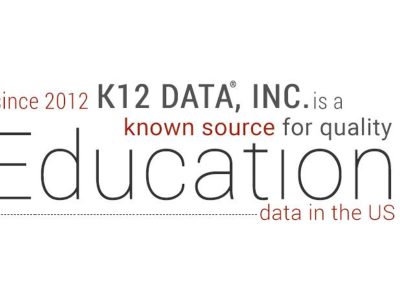Text-to-speech software is a technology that reads written words like it can read a book for you or have your phone announce incoming texts in a natural voice like a human tone this is the power of ITS.
Growing popularity and usage of TTS software
TTS software is used by kids and adults who are struggling with reading and also for writing and editing. It works on every device including laptops, and smartphones. This is the reason they are becoming popular very fast.
The pros and cons of using TTS software
There are many benefits of Text-to-speech voice. It can be helpful to many people. But in some situations, there are a few drawbacks. One of them has a robotic voice.
Pros of Text-to-Speech Software
Accessibility
- TTS software enables people with visual impairments to access written content.
Text-to-speech (TTS) technology enables visually impaired users to access and consume digital content by converting text into spoken audio. This enhances their user experience and ensures equal access to information.
- It promotes inclusivity and equal access to information.
Text-to-speech technology fosters inclusivity, providing equal access to information for all users. This tool enhances the user experience by converting written content into spoken audio, catering to diverse needs and preferences.
Multitasking and Efficiency
- TTS software allows users to listen to content while performing other tasks:
This is another advantage of text-to-speech technology. By using it you can perform more than one task at the same time. You can do other tasks while listening to the audio content.
- It saves time by enabling users to consume information at a faster pace:
By doing multiple tasks at the same time you can save a lot of time.
Pronunciation and Language Learning
- TTS software helps users improve their pronunciation and language skills:
It is an excellent tool to improve pronunciation by listening to the speaker. By using this you can learn language by listening to the speaker. With this, you can get a good experience by learning a different language.
- It assists in learning new languages by providing accurate pronunciation models:
Text-to-speech helps people learn new languages by giving accurate pronunciation: examples. It turns written words into spoken ones, making it easier for users to improve their language skills. This tool provides clear guidance on pronunciation, making the learning process more effective and enjoyable for language learners.
Cons of Text-to-Speech Software
Quality and Naturalness
- Unrealistic voices: Some TTS voices lack natural intonation, affecting comprehension and making listening uncomfortable.
- Pronunciation errors: Mistakes in pronunciation and grammar can confuse, especially with complex language.
- Limited emotional expression: TTS struggles to convey subtle emotions, impacting the overall communication experience.
Ethical Concerns:
- Bias in voices: Biases in voice selection and language models can perpetuate societal biases, resulting in unfair outcomes.
- Misinformation risk: TTS can be used for creating realistic-sounding fake audio, spreading misinformation, and manipulating opinions.
- Privacy worries: Recording and processing voices for TTS raise privacy concerns, necessitating strong safeguards.
Accessibility and Inclusion:
- Technical limitations: TTS may not be suitable for all disabilities or learning styles, requiring alternative solutions.
- Digital divide: Limited access to technology and quality internet can hinder TTS accessibility for some communities.
- Cost barriers: Advanced TTS features may be costly, creating accessibility gaps.
Conclusion
1. Text-to-speech (TTS) software offers key advantages, such as enhanced accessibility, efficient multitasking, and support for language learning. However, challenges like unnatural voices, ethical concerns, and potential accessibility barriers should be carefully considered. Achieving a balanced approach is vital for the responsible and inclusive use of TTS technology, recognizing its evolving role in communication, learning, and accessibility.
2. It is crucial to underscore the significance of tailoring the use of Text-to-Speech (TTS) software to individual needs and preferences. The effectiveness of TTS technology can vary widely among users, and considering personal requirements ensures a more inclusive and user-centric experience. Factors such as language proficiency, learning styles, and technological comfort play a vital role in determining the suitability of TTS for an individual. You should search and compare different AI TTS tools, before making a final choice.













Comments